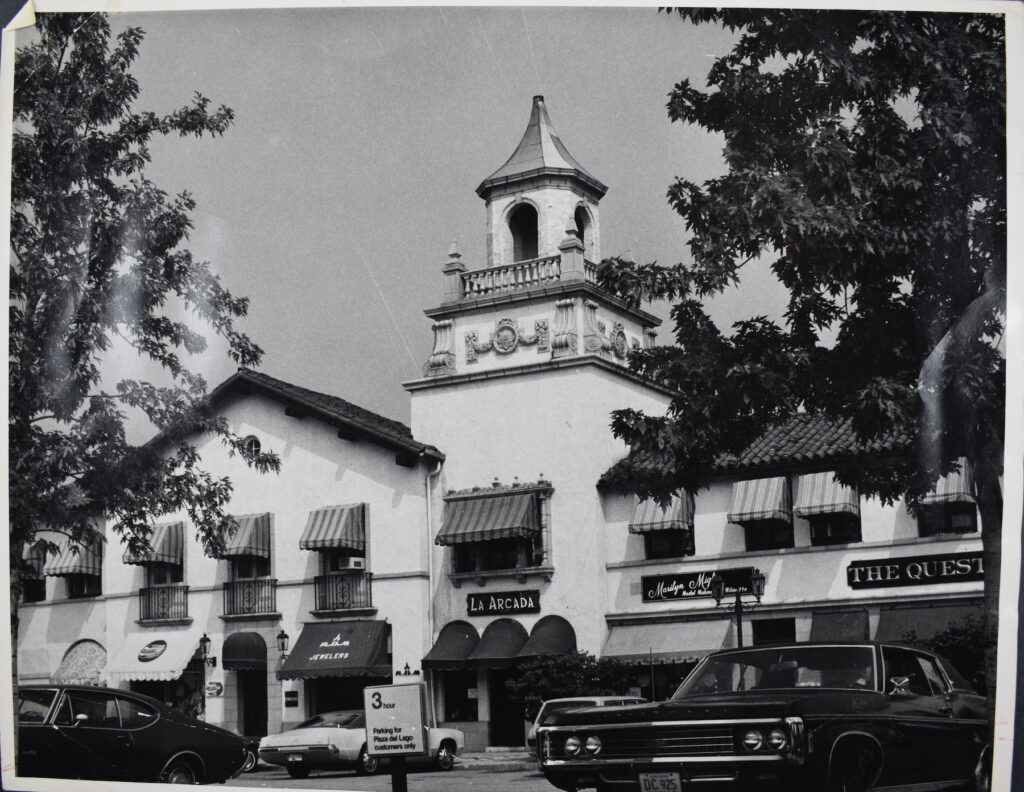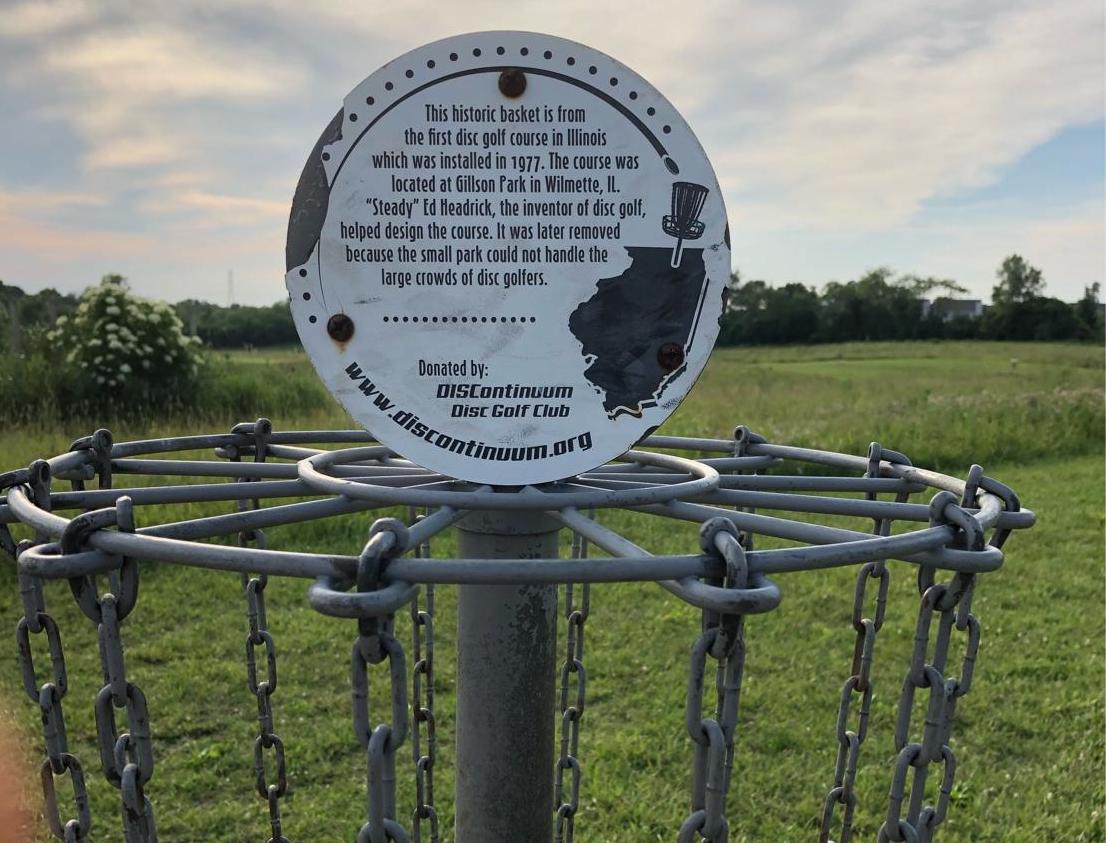
Wilmette is a historic site in the story of disc golf. Is a revival in the works?
Chicagoland loves a comeback, and one could be in the works along Wilmette’s lakefront.
Wilmette is a landmark in the world of disc golf, sporting the first course in Illinois and one of the first in the country from 1977-1983.
Now, a resident wants to bring it back, and the park district is hearing him out.
“I’ve been playing more and got some new discs. It got me thinking,” said Isaac Gaetz, who moved to Wilmette in 2013. “There are a number of courses around. … I started thinking about the opportunity to have a course here.”
Gaetz developed a professional proposal, emailed it to Wilmette Park District officials and presented it to the Lakefront Commission on Dec. 7.
The plan calls for a nine-hole disc golf course on a southwest parcel within Gillson Park, where — unbeknownst to Gaetz — a portion of the original course was 40 years ago.
“That particular spot … is a long strip of land that would both work well for disc golf,” he said. “I don’t think it’s as big of an ask as it would be to penetrate deeper into the park. This area, from what I observed, is not utilized quite as much.”
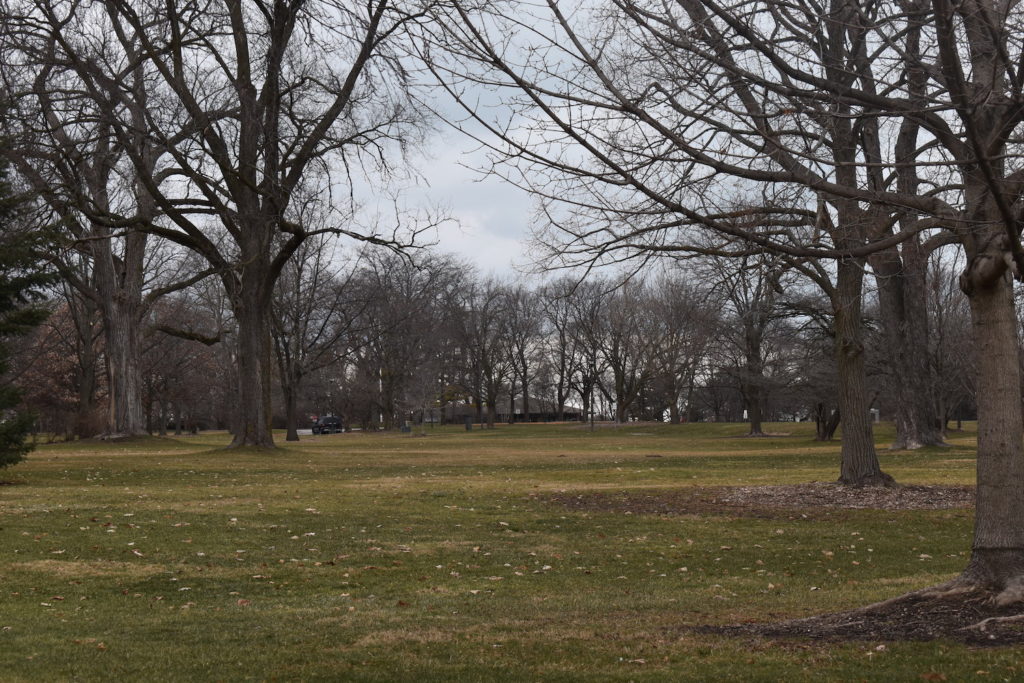
Wilmette Park District Executive Director Steve Wilson said it was the first time in his 13-year tenure a resident has pitched the idea for a disc golf course.
The Lakefront Commission heard Gaetz’s idea and discussed some details during the initial conversation.
“Most of it was positive and open-minded questions,” Wilson said. “It’s something we’ll take seriously. I’m not sure if there is a place for it at Gillson, but we’ll look at the balance of all our parks. It’s way too early to tell.”
Wilmette’s association with Frisbee activity goes beyond a short-lived course at Gillson Park.
The local obsession can be traced back to 1969 and a group of friends on Highland Avenue who enjoyed leisurely throwing a disc.
The enjoyment evolved into a passion after the friends — including John Connelly, Alan Blake, Tom Cleworth and others — joined the International Frisbee Association by filling out a form that came with a new Frisbee purchase.
A newsletter mailed by the IFA highlighted the games you could play with a Frisbee, such as disc golf and guts (more on that later), and the tournaments played around the country.
The first Wilmette disc golf course may have been the makeshift course set up by the group in the 1900 block of Highland Avenue.
“It’s probably how disc golf or Frisbee golf developed — different people in different areas just throwing at objects,” said Connelly, who now lives in New York City. “We played to a light pole or a street sign, different things in our neighborhood.”
They enjoyed disc golf, but guts became more than a recreational activity to Connelly and company.
Guts is similar to dodgeball. Two teams stand across from each other while taking turns throwing the disc at each other. If the disc is caught, with one hand, no point is scored. If the disc hits the ground, the throwing team gets a point in a race to 21.
“That became way more important,” said Cleworth, now a resident of Southern California. “We became a team … competed in international tournaments. We were international champions three years in a row. And we started to play right out on Highland Avenue. We drew lines right out there.”
They were the Highland Avenue Aces and won international titles in 1971, 1972 and 1973, gaining a reputation and publicity that was noticed in Wilmette.
Connelly said the notoriety caught the attention of at least one Wilmette Park District official, who introduced the idea for a disc golf course.
A historical memo from the Wilmette Park District details the opening of the course in August 1977, making it the first official course in the Midwest and one of the first in the nation.
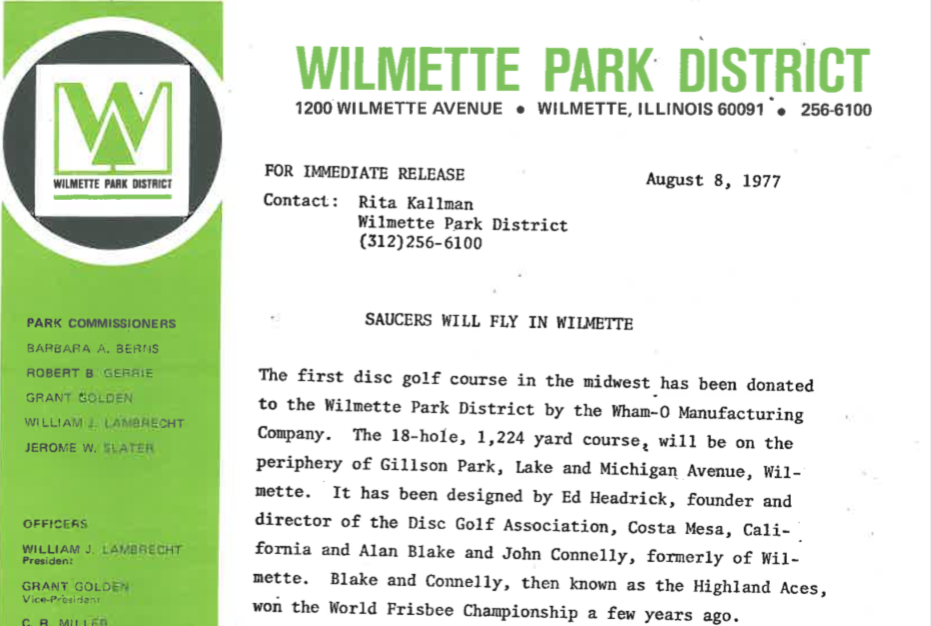
The memo notes that the course was designed by disc pioneer Ed Headrick — who is credited with the invention of the modern-day Frisbee and disc golf — with help from Blake and Connelly; though, Connelly said he doesn’t remember actively designing it.
The 18-hole course, which was reportedly donated by Frisbee manufacturer Wham-O, covered 1,224 yards throughout Gillson Park, starting just south of the Wallace Bowl and moving toward the Coast Guard station, along Michigan Avenue, back around the Wallace Bowl, and then down near the beach, according to a park district layout of the course.
A signature hole (No. 17) required players to throw their Frisbee straight up toward a basket at the top of a bluff.
“You could see the basket, but it was pretty easy to blow it, too,” Cleworth said with a laugh. “That was fun. The course was wonderful. It is such a beautiful park.”
The popularity of the course quickly spiked.
Within a year, more than 2,000 people per week were using the course, according to a 1978 update from the park district, provided by the Wilmette Historical Museum.
Wilmette resident Jeff Danielsen used to play the course with his father.
“It was really a neat course,” he said. “ … We spent a good part of a couple summers playing down there a couple nights a week. It was active but I don’t remember it ever being too busy.”
Danielsen, along with Connelly and Cleworth, remember a second Wilmette course near Highcrest Middle School. They all said it wasn’t as prestigious as Gillson’s course but was still an enjoyable nine holes.
By the early 1980s, the Gillson course began to draw scrutiny from its residential neighbors. According to Connelly and others, some homeowners took issue with the crowds so near their properties and brought their concerns to park district officials.
The park district’s 1981 Lakefront Plan, provided by the historical museum, recommended “redevelopment” of Gillson’s disc golf course.
In the plan, goal No. 12 was: “Reduction of the Frisbee Golf course to nine holes and the relocation of the course.”
Connelly remembers going to Park Board meetings to try and save the course, but by 1983, it was gone.
“The people right across the street, they were unhappy,” Cleworth said. “There were a lot of long-hair hippies playing, dope-smoking going on. They just didn’t like it right behind their really expensive houses. … They won the day.”
One of the course’s original baskets is on display at Fairfield Park in Round Lake with a plaque memorializing its historical relevance.
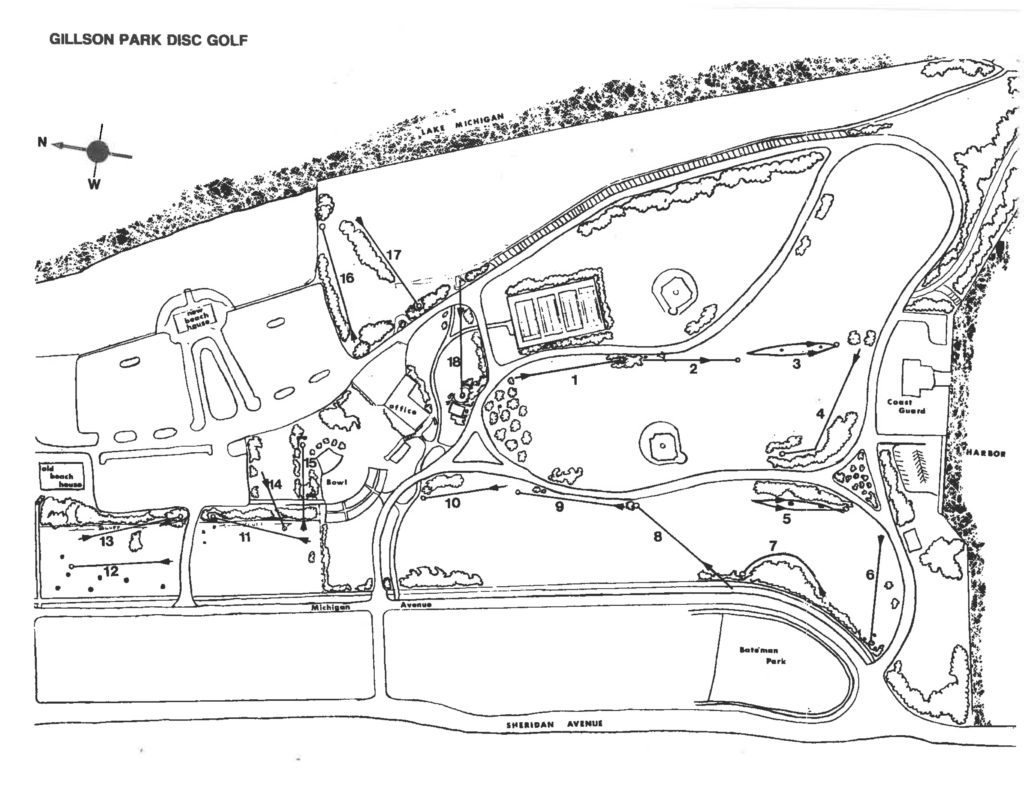
Forty years later, Gaetz’s proposal was delivered at an opportune time.
The Wilmette Park District is developing a Gillson Park master plan to set and improve its future.
Not only that, but disc golf is enjoying a surge in national popularity.
As of 2020, there were 6,665 courses counted by the Professional Disc Golf Association, up more than double from 2010, when there were 2,716 courses.
There are more than 53,000 members of the PDGA, compared to 30,000 five years ago.
Locally, there are already courses in Glencoe and Highland Park.
Glencoe’s course at Watts Park was installed in 1981. The Glencoe Park District updated its signage and baskets in 2017. According to the district’s Erin Classen the course saw a spike in usage over the summer amid the pandemic.
“According to our parks crew, approximately 50-75 people used the course this summer per day (which is approximately double the number of users on a typical day),” she wrote to The Record.
While the Wilmette Park District says it is too soon to tell where and if a course will return to town, Gaetz is optimistic.
“The game has been growing pretty rapidly for a number of years,” he said. “For the past 20 years, the number of courses around the country has grown. The COVID environment only increased it further.
“I think the (park) board response was positive. They relayed the kind of information I expected. I would be concerned if a process wasn’t in place. … I do understand they are in the process of updating the master plan for Gillson Park and that’s a coincidence. It may be a good time to consider the opportunity.”
It may not be MJ in ’95, but what a comeback it would be.

Joe Coughlin
Joe Coughlin is a co-founder and the editor in chief of The Record. He leads investigative reporting and reports on anything else needed. Joe has been recognized for his investigative reporting and sports reporting, feature writing and photojournalism. Follow Joe on Twitter @joec2319


